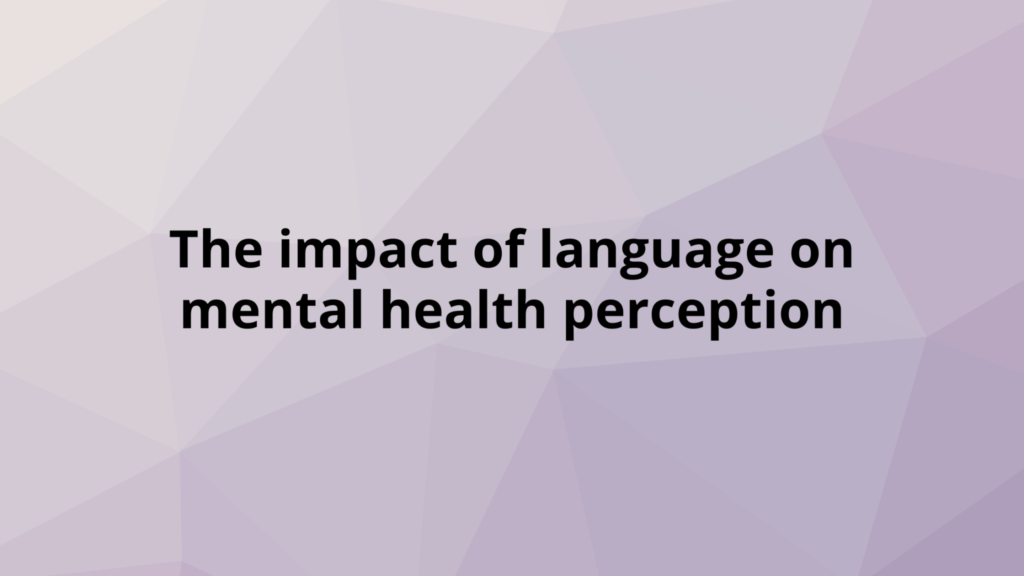
Language shapes our perceptions and attitudes towards mental health. Words can either reinforce stigma or promote understanding and acceptance. For example, referring to someone as “crazy” or “insane” is derogatory and perpetuates negative stereotypes. Instead, using person-first language, like “a person with depression” or “someone experiencing anxiety,” acknowledges the individual before the condition. People are people, not a diagnosis.
Why does this matter? Because:
– Respectful language fosters a supportive environment.
– It reduces feelings of shame and embarrassment for those with mental health conditions.
– Positive language encourages more people to seek help and talk openly about their experiences.
By being mindful of our words, we can contribute to reducing stigma and supporting mental health awareness.
We feel so strongly about this at MIFWA that we have moved away from the use of the term ‘mental illness’. The language of mental illness is based on a narrow framework that focuses on the medical model as an explanation. By moving away from the term “mental illness” and embracing more inclusive language, we can shift the focus from pathology to holistic well-being. This broader framework allows for a more comprehensive understanding of mental health that encompasses not only medical aspects but also social support, coping mechanisms, and resilience.
Download the helpful guide
Education and open conversations are key to reducing stigma and creating a more supportive environment for everyone. This quick guide will help you get started.
Download your copy of the helpful guide.
What’s on during Challenging Stigma Week
Share

